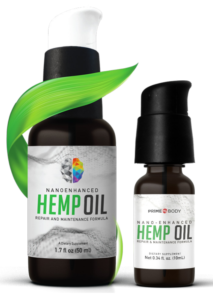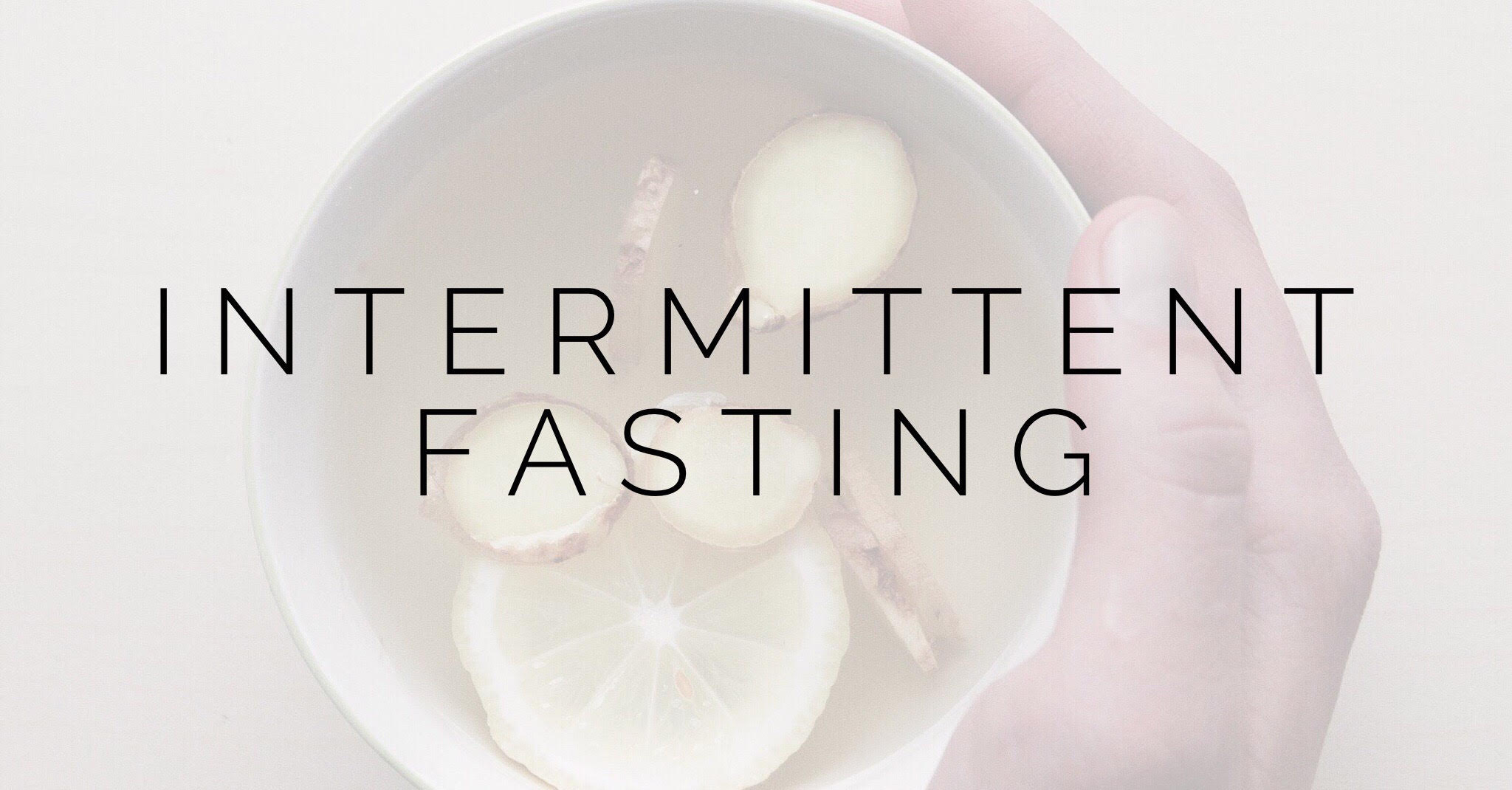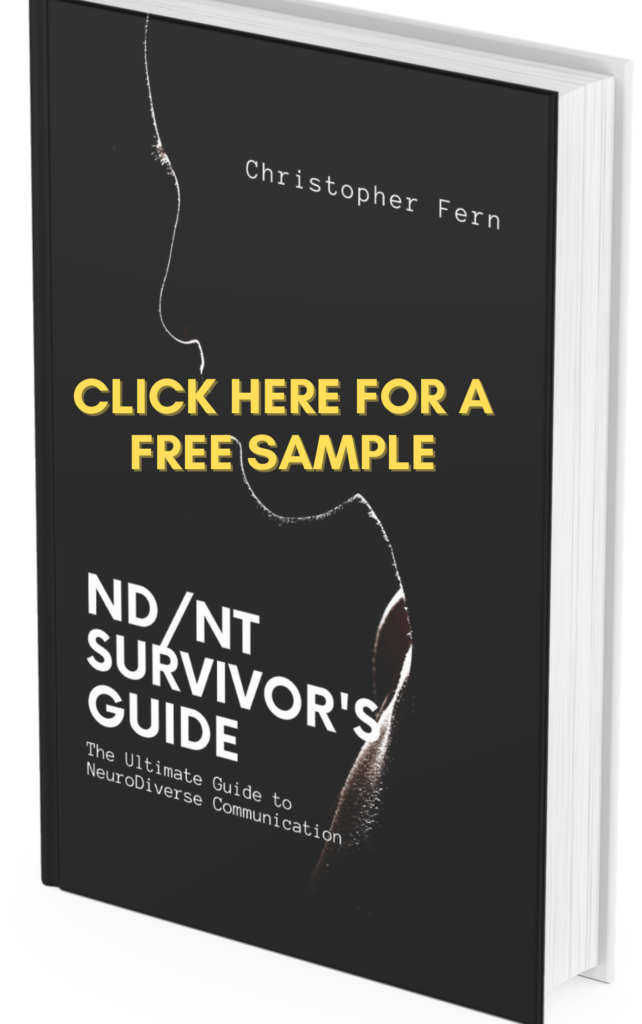www.deephealthevolution.com
Did you know that our amazing bodies are naturally designed to self-detox down all the way to the cellular level? Did you also know that we have the ability to help ignite that detoxing process? It involves timing meals – or fasting and a few specific foods to help move the process along. Why is it important to make sure our bodies are properly detoxing on a regular basis? No matter how hard we try to practice clean living, modern life overloads us with toxins we can’t avoid. I am talking about pesticides, EMFs, dirty electricity, pollution, cigarette smoke, chemical ridden skin care, sugar laden diets, an overload of stress, lack of sleep, lack of full body, full range, all-day movement…I can go on, but I think you get the picture. Our toxic load and lifestyles won’t allow us to shed weight, wreak all sorts of havoc in our guts and ultimately push the aging process into hyper-drive,
How can we help our bodies naturally and deeply detox and slow the aging process down? Let’s take a look at intermittent fasting.Perhaps you’ve heard or read about it already. For those of you unfamiliar…simply put…it is a way of eating that consciously alternates periods of eating and not eating and can be done in several ways. It can really assist in weight loss and fat burning and boasts a number of incredible therapeutic benefits as well. Fasting can help improve neutral connections in the hippocampus part of the brain, the area associated with memory, mood and motivation, and has neuron protecting qualities. For similar reasons, it is also helpful for those recovering from brain injury. It also promotes mental acuity and focus.


Periods of fasting stimulate cells to cannibalize. This process, known as autophagy, or “self” (auto) “eat (phagy), is the body’s natural ability to clean out detox and recycle cells that are no longer functioning properly. Through this function, your body can boost the immune system, prevent diseases related to aging as well as cardiovascular diseases, increase insulin sensitivity, and boost energy. According to studies, fasting can even prevent or slow the progression of cancer. There are several ways to intermittent fast. Some people chose to eat only during an eight-hour window. For example, you can eat from 12 pm to 8 pm, then fast from 8 pm to 12pm. Another, more advanced form of intermittent fasting would be fasting for 24-36 hours once or twice a week.
Can anyone fast? In my experience, it’s not for everyone and not all the time. In general, pregnant women, and women dealing with fertility issues should probably stay away from fasting. Gut issues, blood sugar imbalances, sleep issues, adrenal problems and a history of eating disorders are also conditions in which I would suggest avoid fasting. Ultimately, if you have any chronic health condition or any doubts, clear it with your doctor before trying. What are some tools to use while fasting to help the detoxing process along? There are several foods can that help ignite the detoxing process. Some of these foods are almonds, walnuts, leafy greens, asparagus, broccoli, broccoli sprouts, cauliflower, coffee, green tea, butter, cream, lentils, mushrooms, garlic, red wine, dark chocolate, and chia seeds.

Supplementing with hemp oil is one of the most powerful tools to combine with fasting. It acts as a catalyst, stimulating the endocannabinoid system, bringing the body into a balanced state and allowing it to heal itself. For more information about hemp oil and its incredible benefits during fasting and otherwise, look up hemp or CBD oil on pubmed.gov, or projectcbd.org. If you are looking for a resource, let me know!
I am launching an intro to intermittent fasting guide with accompanying meal plan. It is geared towards those getting started and experiments with different types of intermittent fasting. It’s 5 days long, includes a meal plan designed to fire up the benefits of fasting, recipes, tips and tricks, bonuses, daily motivation and accountability reminders and access to coaching by me throughout the 5 days. If you are interested, contact me.
RESOURCES:
https://www.ncbi.nlm.nih.gov/pubmed/23168220
https://www.ncbi.nlm.nih.gov/pubmed/19171901
http://www.ncbi.nlm.nih.gov/pubmed/17413096
https://www.ncbi.nlm.nih.gov/pubmed/27557543
https://www.sciencedirect.com/science/article/pii/S0022202X15372870




